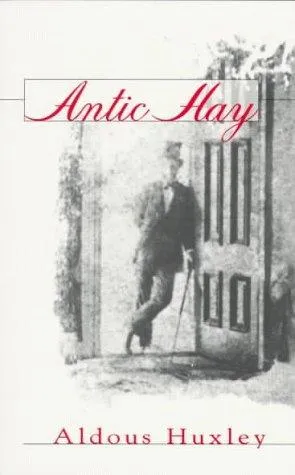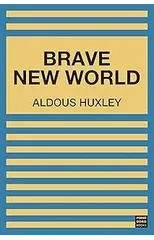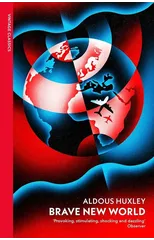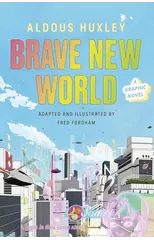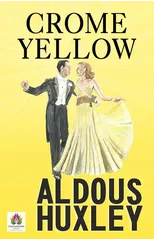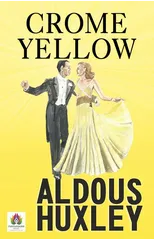London life just after World War I, devoid of values and moving headlong into chaos at breakneck speed -- Aldous Huxley's Antic Hay, like Hemingway's The Sun Also Rises, portrays a world of lost souls madly pursuing both pleasure and meaning. Fake artists, third-rate poets, pompous critics, pseudo-scientists, con-men, bewildered romantics, cock-eyed futurists -- all inhabit this world spinning out of control, as wildly comic as it is disturbingly accurate. In a style that ranges from the lyrical to the absurd, and with characters whose identities shift and change as often as their names and appearances, Huxley has here invented a novel that bristles with life and energy, what the New York Times called "a delirium of sense enjoyment!"
Aldous Huxley
Aldous Huxley was a British writer and philosopher known for his dystopian novel "Brave New World," published in 1932. His works often explored themes of technology, society, and the human condition. Huxley's writing style was characterized by his use of satire and wit, as well as his keen observations of society. He was a prominent figure in the literary genre of dystopian fiction, influencing writers such as George Orwell and Margaret Atwood. In addition to "Brave New World," Huxley's other notable works include "Point Counter Point" and "The Doors of Perception." His contributions to literature continue to be celebrated for their thought-provoking commentary on the complexities of human existence.
